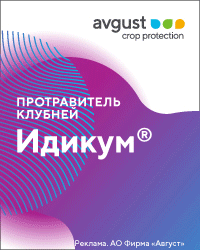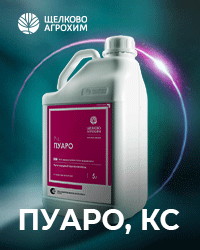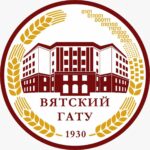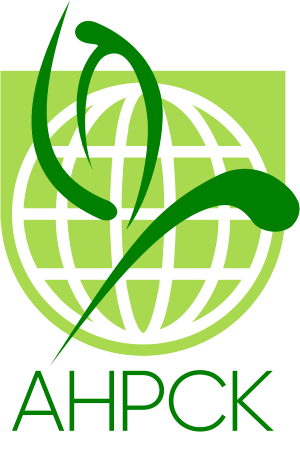UDC 635.1/.8:632.9
https://doi.org/10.25630/PAV.2022.34.66.001
Alekseeva K.L.
The main advantages of biofungicides in comparison with chemical pesticides are safety for humans and the environment, short waiting times and the possibility of use throughout the growing season, the absence of risks of the emergence of resistant pathogen races, the creation of conditions for natural self-regulation of agrocenoses. Many biological products have a complex protective and stimulating effect, restrain the development of a wide range of pathogens, prevent mass damage to plants, enhance growth processes and increase productivity. The use of biofungicides in biological plant protection systems is cost-effective, provides an increase in yield by 25–30% and allows you to obtain environmentally safe products. The article presents the effect of biofungicides against root rot of leaf lettuce and fusarium of white cabbage in Moscow region. It was found that the most effective technology оf protection of leaf lettuce from root rot is the combinated use of biofungicides. Trichocin was used by soil spilling before sowing with consumption rate 80 g/ha and Alirin-B – by three-fold gravy under the root in the interval of 10 days with consumption rate 120 l/ha. The most notable biological efficiency of 76.1–80.4% against fusarium of white cabbage, was recorded on variants with use of Vitaplan (before sowing treatment of seeds by 0.2 g/l and 4-fold spraying of plants after planting them in the field with an interval of 10 days by 80 g/ha) and Trichocin (gravy under the root after planting seedlings, 80 g/ha). As a result of biofungicide treatments the cultivated crops were preserved from losses. At the same time the studied technologies ensured an increase of leaf lettuce yield by 17.6–29.4% to control as well as of white cabbage yield by 10.3–12.7% to control.
Key words: biological plant protection, leaf lettuce, white cabbage, plant diseases, biofungicides, biological effectiveness
Alekseeva K.L., D. Sci. (Agr.), chief research fellow, ARRIVG – branch of FSBSI FSVC. E-mail: alexenleon@yandex.ru
- Zakharenko V.A. Biotechnologу and plant protection. Plant protection and quarantine. 2015. No11. Pp. 3–6 (In Russ.).
- Novikova I.I. Microbiological plant protection is the basis of phytosanitary optimization of agroecosystems. Plant protection and quarantine. 2017. No4. Pp. 3–6 (In Russ.).
- Fedorenko V.F., Mishurov N.P., Konovalenko L.Yu. Modern technologies of production of pesticides and agrochemicals of biological origin: scientific. analyt. review. Moscow. FSBI Rosinformagrotech. 2018. 124 p. (In Russ.).
- Petrovsky A.S., Karakotov S.D. Microbiological preparations in crop production. Alternative or partnership? Plant protection and quarantine. 2017. No2. Pp. 14–18 (In Russ.).
- Alekseeva K.L., Nurmetov R.D., Devochkina N.L. Plant protection in greenhouses. Potato and vegetables. 2016. No4. Pp. 15–18 (In Russ.).
- Jalilov F.S. Biological preparations against plant diseases. Potato and vegetables. 2018. No8. Pp. 2–4 (in Russ.).
- Sergienko V.G., Tkalenko A.N., Titova L.V. The use of biological products to protect vegetable crops from diseases. Plant protection and quarantine. 2010. No7. Pp. 28–30 (In Russ.).
- Effectiveness of protection against root rot of common beans. I.N. Porsev, V.V. Polovnikova, A.O. Abylkanova, I.A. Subbotin. Plant protection and quarantine. 2019. No5. Pp. 26–27 (In Russ.).
For citing: Alekseeva K.L. Biofungicides in vegetable crops of open field protection. Potato and vegetables. 2022. No5. Pp. 12-14. https://doi.org/10.25630/PAV.2022.34.66.001 (In Russ.).

















